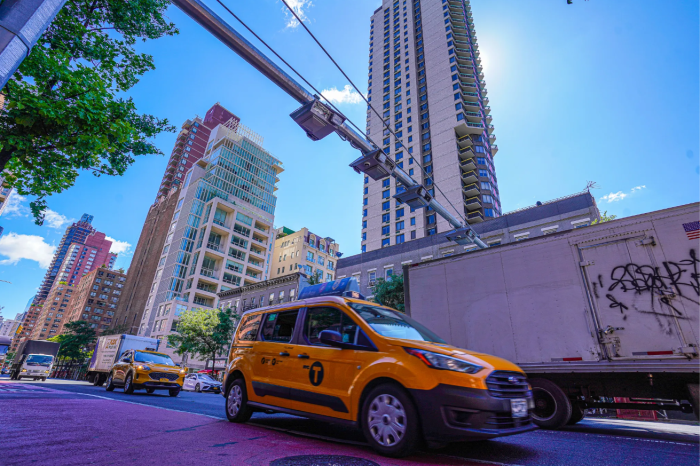New York City’s recently announced $40 million settlement with the five exonerated defendants in the infamous Central Park Five jogger-rape case appears to close the chapter on a painful historical episode.
But in reality, both the injustice it represents, and the way race and class determine how the accused are treated, are very much open concerns. This is true for no one more than black men like me, for whom the facts of the case and contemporary attitudes surrounding it are personal.
It was 25 years ago, during the waning days of the Ed Koch mayoral administration, that the case of the 28-year-old jogger brutally raped by an anonymous pack of “wilding” black and Latino teenagers made national headlines.
In short order, five young men were rounded up, with two confessing (we now know, only after being convinced by detectives that they must have done something in the park). It appeared on the surface to be an open-and-shut representation of the kind of sensationalized urban crime that caused white flight from cities during the 1960s.
The story contained the ingredients for media spectacle: defendants from the wrong side of the tracks accused of attacking a white woman whose only crime was being in the wrong place at the wrong time. Even their names – Yusef Salaam, Antron McCray, Kevin Richardson, Raymond Santana and Kharey Wise – surely sounded, at least to many white New Yorkers, guilty. They were like the names of the countless black and Latino criminals who populated nightly horror stories that passed as local news. The fact that they all lived in pregentrified Harlem seemed, to some, like incontrovertible proof of guilt.
Except that the defendants, four of whom would serve seven years in prison, while a fifth would serve 13 years, were innocent. They had been in the park that night, with many admitting later to engaging in criminal activity, but none had raped and assaulted the Central Park jogger. The stunningly detailed documentary film “The Central Park Five,” released in 2012, offered a brilliant anatomy of the twisted vision of justice that allowed them to be scapegoated for a crime they did not commit.
Even when prosecutors, journalists and political officials were confronted with hard evidence capable of exonerating the Central Park Five, they stubbornly resisted.
But the history isn’t the worst of it. More astonishing than this wrongheaded perspective is its contemporary prevalence. A quarter-century later, there are still some, most notably Donald Trump, who find the cash settlement more troubling than the injustice that merited it.
Trump, who in the immediate aftermath of the rape paid for a full-page ad demanding that New York bring back the death penalty, called the settlement a “disgrace” and noted that the youths who had previous run-ins with the law were no “angels.”
Both his earlier call for the death penalty and his current attack of the settlement promote punishment, even for the innocent, instead of justice.
It’s a reminder that black and Latino men are presumed guilty by the American criminal-justice system and the public that holds it accountable. You can almost hear the unspoken question coming from people like Trump: If they didn’t commit this specific crime, who’s to say they did not commit others?
I grew up in New York during this era, walked its streets, played in its parks and chafed at the suspicious stares from police officers whenever groups of young black boys gathered. Do the Right Thing, Spike Lee’s visionary film about race and democracy in the post-civil-rights era, came out a little over two months later. I remember waiting in line, with great anticipation, to view a movie that critics feared might spark race riots in a city that simmered far and wide with racial tension.
In many ways the case of the Central Park Five is a metaphor for our contemporary justice system. Race and class shape the treatment received by the accused, especially the innocent.
The heart of the matter is that the defendants, even those who confessed, were innocent and the system didn’t care. Instead it relegated them to years in prison for crimes they didn’t commit because their backgrounds and bodies presumed guilt.
This happens to black men all too often. It’s only the epilogue, where five exonerated defendants receive a hard-earned second chance, that is an anomaly.
No amount of money will restore what those five teenagers, now approaching middle age, have lost. But we are better off living in a country where acts of restorative justice, however long delayed, sometimes cannot be denied-and where we’re moved by stories like this one not to repeat our mistakes.
Joseph, a contributing editor at The Root.com, is founding director of the Center for the Study of Race and Democracy and a Tufts University history professor. Follow him on Twitter: @penieljoseph



































